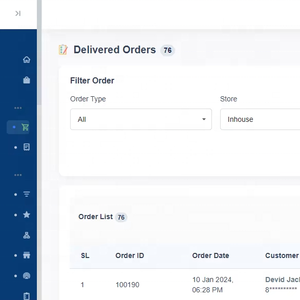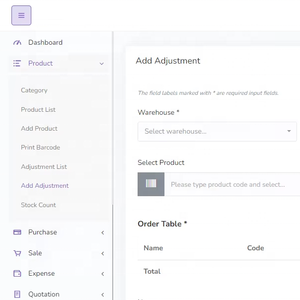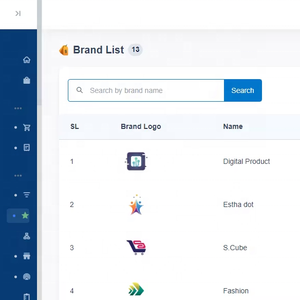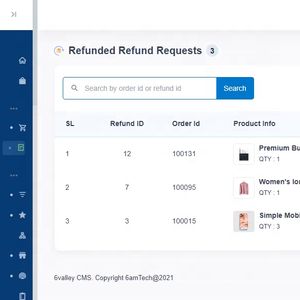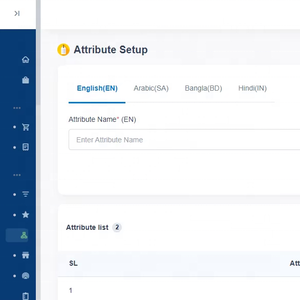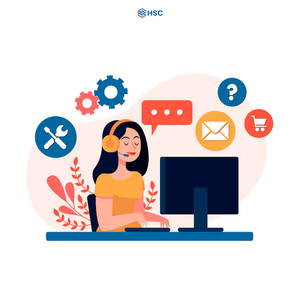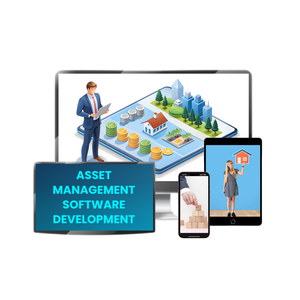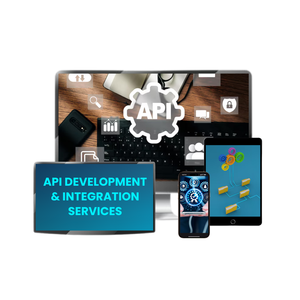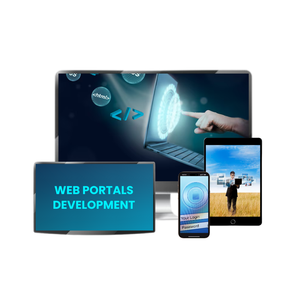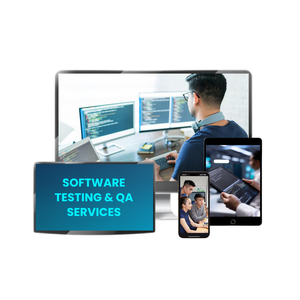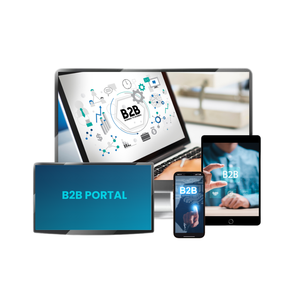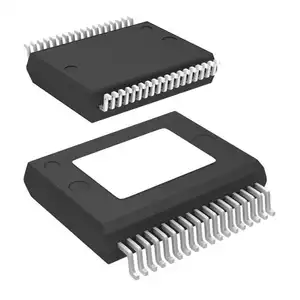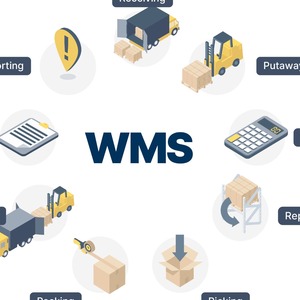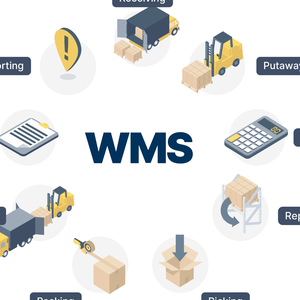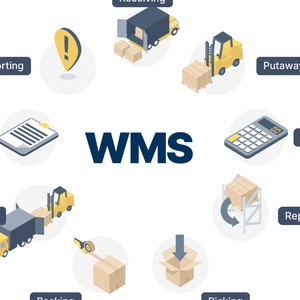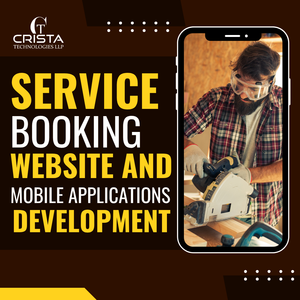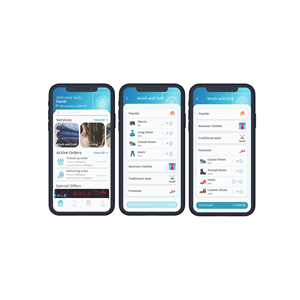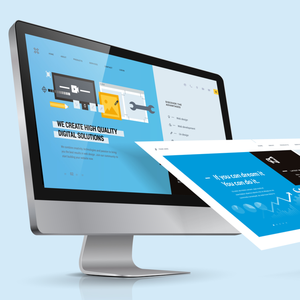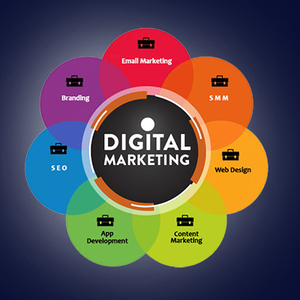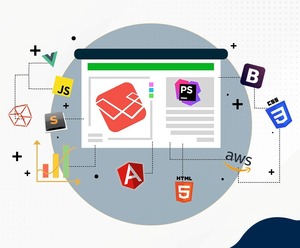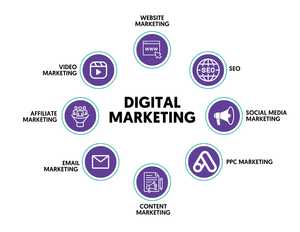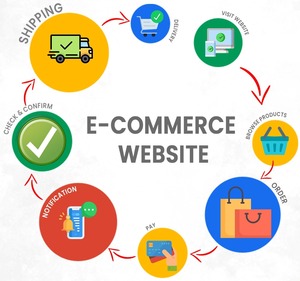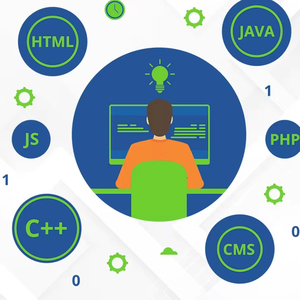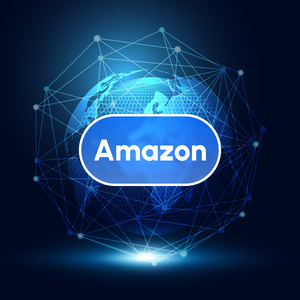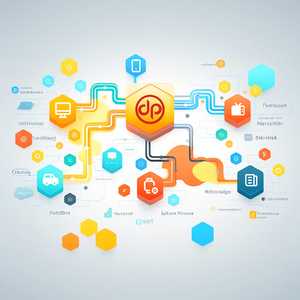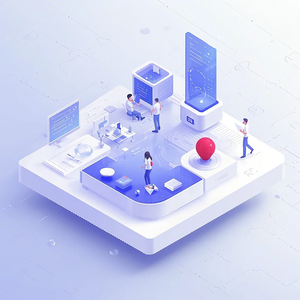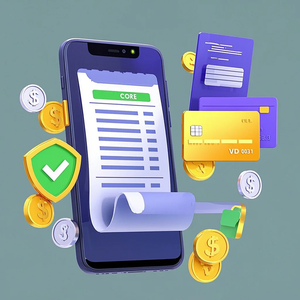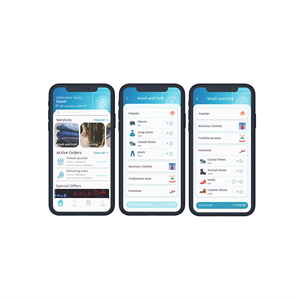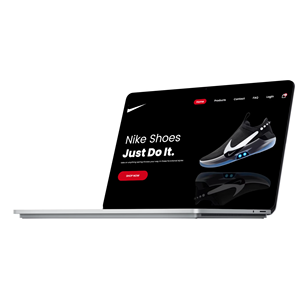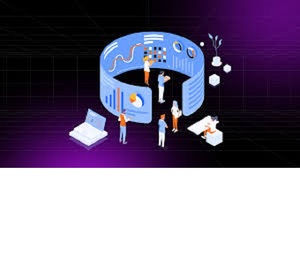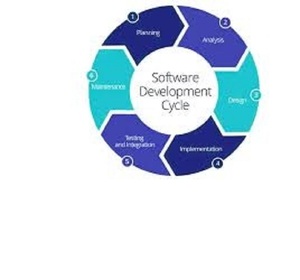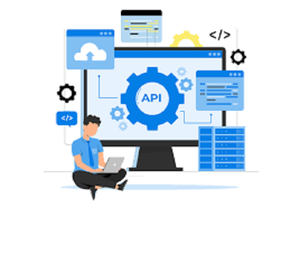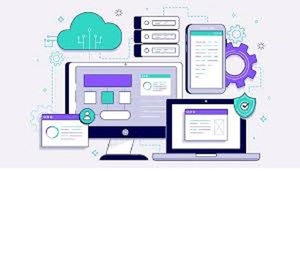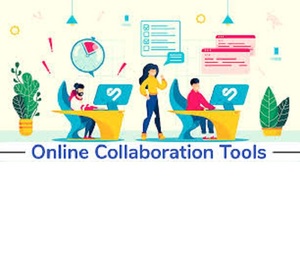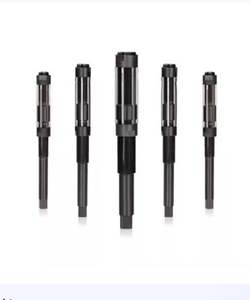B2b Integration Tools

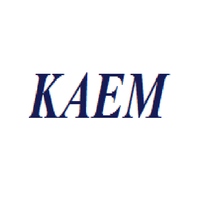





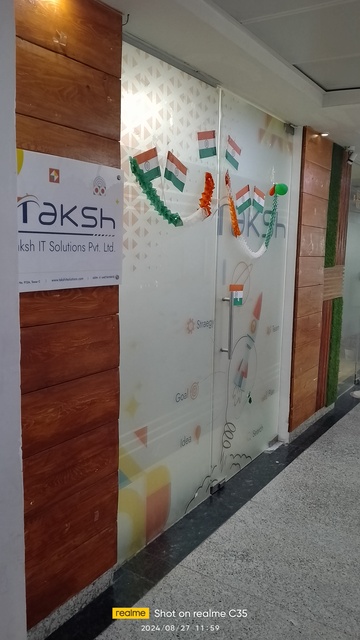

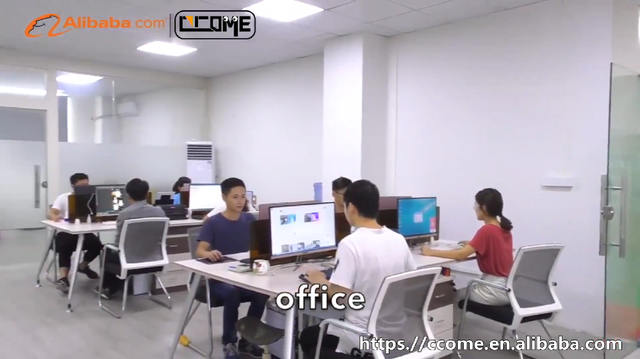



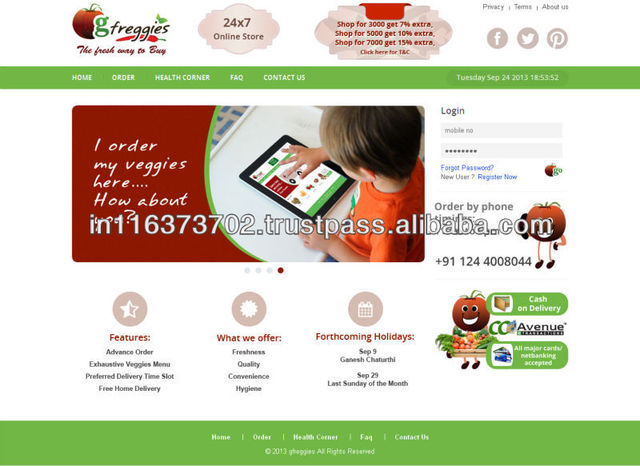



















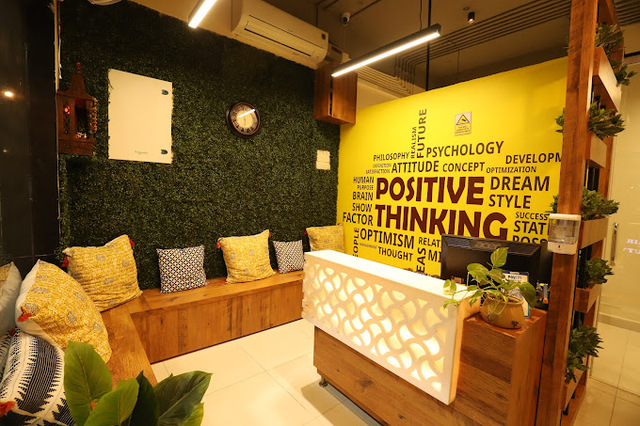










About b2b integration tools
Where to Find B2B Integration Tools Suppliers?
Global sourcing for B2B integration tools is increasingly concentrated among specialized software development firms in emerging technology hubs, particularly in India and Southeast Asia. These regions host a high density of IT service providers with deep expertise in enterprise application integration, API management, and cloud-based middleware solutions. Indian suppliers dominate in volume and responsiveness, leveraging large pools of certified developers and multilingual support teams. Vietnam and Shenzhen-based firms complement this landscape with hybrid capabilities that bridge software development and hardware-level integration, especially for IoT and industrial automation applications.
The competitive advantage lies in scalable delivery models supported by mature outsourcing ecosystems. Developers in these regions typically operate within agile frameworks, enabling rapid deployment of custom integration platforms. Buyers benefit from lower operational costs—software development rates are 40–60% below North American averages—without sacrificing technical rigor. Additionally, proximity to regional data centers and compliance with international data transfer protocols (e.g., GDPR-aware architectures) enhances deployment flexibility for global enterprises.
How to Choose B2B Integration Tools Suppliers?
Effective supplier selection requires systematic evaluation across technical, operational, and transactional dimensions:
Technical Expertise Verification
Confirm demonstrated experience in core integration domains: ERP-to-e-commerce synchronization, CRM interoperability, omnichannel communication routing, and REST/SOAP API development. Prioritize suppliers offering documented case studies or sandbox environments for solution testing. For regulated industries, ensure adherence to security standards such as OAuth 2.0, TLS encryption, and SOC 2 Type II compliance where applicable.
Development Capacity Assessment
Evaluate organizational scale and specialization through objective indicators:
- Minimum of 100+ active software listings indicating sustained market presence
- Dedicated teams focused on APIs & Integrations, ERP, and B2B portal development
- Proven capability in full-stack customization, including front-end portals and back-end logic
Cross-reference product pricing structures with response times (target ≤2 hours) and online revenue metrics to assess service tier alignment.
Risk Mitigation and Transaction Security
Favor suppliers with verifiable performance histories, including on-time delivery rates and reorder frequency. Utilize secure payment mechanisms that align financial disbursement with milestone completion. Conduct due diligence via direct code reviews or third-party audits when procuring mission-critical systems. Request post-deployment support terms, including SLAs for bug resolution and version updates.
What Are the Best B2B Integration Tools Suppliers?
| Company Name | Specialization | Main Products (Listings) | Price Range (Min. Order) | On-Time Delivery | Avg. Response | Online Revenue | Reorder Rate |
|---|---|---|---|---|---|---|---|
| KAEM SOFTWARES PRIVATE LIMITED | E-commerce platforms, ERP, branded websites | Software (1,265) | $95 – $395 | - | ≤2h | US $8,000+ | - |
| HINDUSTANSOFT CORPORATION | CRM, customer service, multi-channel software | Software (891) | $400 – $500 | - | ≤1h | - | - |
| STEPMEDIA SOFTWARE VIET NAM COMPANY LIMITED | ERP-EAM integration, API services, B2B portals | Software (251) | $5,000 – $50,000 | - | ≤2h | - | - |
| TAKSH IT SOLUTIONS PRIVATE LIMITED | Business automation, MLM software, smart contracts | AI Apps (235), APIs & Integrations (86) | $4,500 – $5,000 | 75% | ≤1h | US $2,000+ | - |
| Shenzhen Huayaya Technology Co., Ltd. | Electronic components, integrated circuits | Other ICs (751,002) | $0.10 (30 pcs) | 100% | ≤5h | US $60,000+ | 33% |
Performance Analysis
KAEM SOFTWARES and HINDUSTANSOFT lead in responsiveness and entry-level accessibility, with sub-$500 offerings ideal for SMEs implementing basic B2B integrations. STEPMEDIA and TAKSH IT target mid-to-enterprise clients, commanding higher price points ($4,500+) reflective of complex system design and domain-specific functionality like blockchain integration and multi-tier marketing automation. Notably, Shenzhen Huayaya operates in a distinct segment—supplying physical integrated circuits rather than software tools—yet demonstrates strong reliability with a 100% on-time delivery rate and significant reorder activity. Buyers seeking turnkey software should prioritize vendors with documented integration modules and rapid support cycles, while those requiring embedded systems may leverage component-level suppliers for hardware-software co-design.
FAQs
How to verify B2B integration tool supplier credibility?
Review published client portfolios, GitHub repositories (if available), and third-party review histories. Validate technical claims through functional demos or trial deployments. Assess financial stability via platform-reported online revenue and order fulfillment consistency.
What is the typical lead time for custom integration projects?
Standard implementations require 4–6 weeks. Complex ERP or CRM integrations with legacy systems may extend to 10–12 weeks depending on data mapping requirements and testing cycles. Expedited delivery (2–3 weeks) is often available at premium rates.
Do suppliers support post-implementation maintenance?
Most professional vendors offer tiered support packages, including monthly monitoring, patch updates, and API compatibility upgrades. Clarify service level agreements (SLAs) for uptime guarantees and incident response windows before contract finalization.
Can integration tools be licensed or deployed on-premise?
Yes, many suppliers provide flexible licensing models—cloud-hosted SaaS, hybrid, or fully on-premise installations. Ensure contractual clarity on data ownership, backup protocols, and decommissioning procedures.
What are common MOQs for B2B integration services?
Software services typically have no volume commitments, with minimum orders set at one implementation unit. For electronic components like integrated circuits, MOQs start at 30 pieces. Enterprise-grade solutions may require upfront licensing fees or annual subscription minimums.


